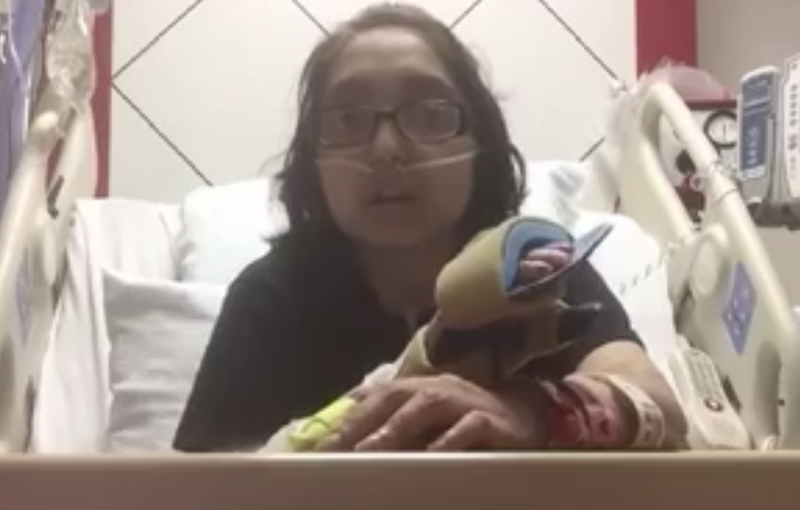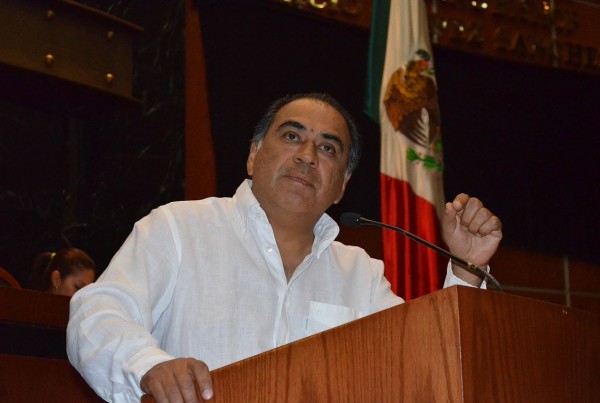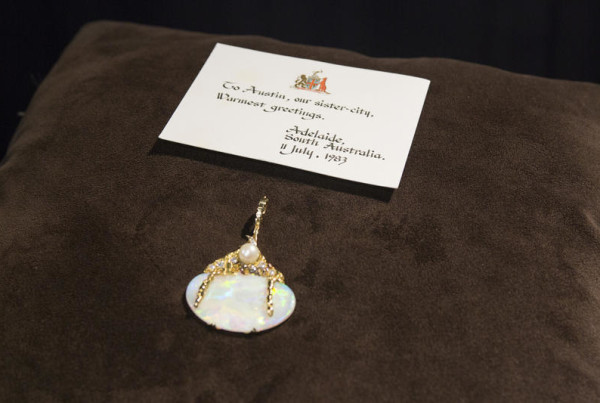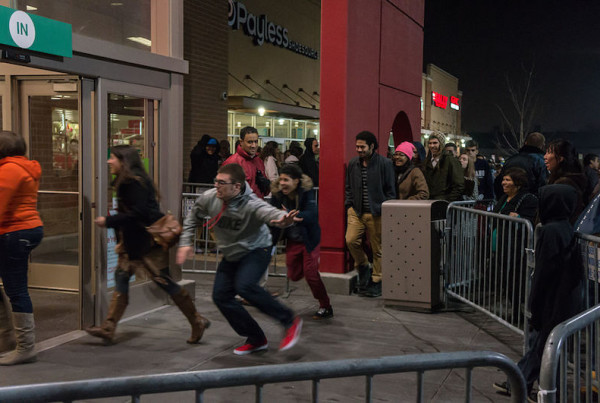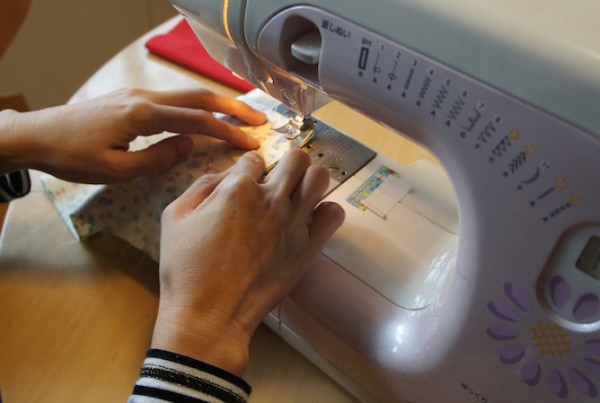This story originally appeared on Houston Public Media.
Qirat Chappra has spent most of her life in the hospital. The 18-year-old is a patient at Children’s Memorial Hermann, and her doctors say she has severe immunodeficiency that’s led to a host of other complications. Through all this, Chappra hasn’t seen her parents in 13 years.
“I need them more than anything right now, and I’m in really serious condition,” Chappra says.
The hospital wouldn’t let me meet with Chappra in person, so we spoke over the phone about her case. Chappra is a U.S. citizen by birth, but her parents live in Pakistan. She says they’ve applied for visas so many times that she’s lost count.
“Even however critical I am, they keep denying because they act like they don’t care,” she says.
The family sent the U.S. State Department letters from Chappra’s doctors, thinking that may help their case. They shared some of those documents with me, in which one doctor estimates that she only has a month to live, maybe two. Chappra’s friends and family have started a petition on the White House website to try and get her parents an emergency visa. Her aunt, Neelam Ghanchi has also been assisting the family with their visa applications. I met her at her home in south Houston.
“Everybody’s asking me and my family why they denied and why they are not (coming) here, but we didn’t know because they never said any particular explanation about the denial letter,” Ghanchi says.
I wanted to ask Chappra’s parents why they thought they were being denied, so we called them over Skype. Her mother, Naila, was in tears. Her father, Idrees, says he thinks immigration officials are suspicious about their daughter being born in the U.S., and that they were just trying to get her citizenship by birthright.
Idrees Chappra says his other two children were both born in Pakistan, and the family never tried to settle in the U.S. He says his daughter is too sick to travel, and all they want is to see her one last time.
We called the State Department, but they declined to do an interview. So we turned to some experts who say the family’s situation is not all that uncommon. Emran El-Badawi is director of the Arab Studies program at the University of Houston.
“There are a number of stories of parents who have missed their child’s graduation, or they’re unable to come to a wedding,” El-Badawi says. “They’re unable to come to a funeral. We simply hear about these all the time.”
He says since the 9/11 terrorist attacks, it’s become a lot harder to get a visa from many Muslim countries because of national security concerns. But El-Badawi says he hopes officials would think about Chappra’s story from a humanitarian standpoint.
“A young girl is dying in a hospital room, and we’re standing in the way of her parents coming to see her in her final days,” he says.
One option for the family could be something called humanitarian parole. Geoffrey Hoffman, director of the Immigration Clinic at the University of Houston Law Center, explains.
“Basically what it does is allow for people to come into the country on an emergency basis if there is some sort of illness either in the family, or if there is some sort of pressing humanitarian reason,” Hoffman says. “It can also be used if there is a significant public benefit.”
According to U.S. Citizenship and Immigration Services, they get about 1,200 humanitarian parole applications a year, and about 25 percent of those have been approved.
Neelam Ghanchi says the family did apply for humanitarian parole in 2013, but they were denied. She says they’re willing to go through the process again, and she recently got some news that makes her optimistic. Ghanchi’s congressman, John Culberson, said he would try to help with their case.
In an emailed statement, Culberson writes, “This is a time-sensitive humanitarian emergency and I will do everything I can to help this young lady and her family.”


